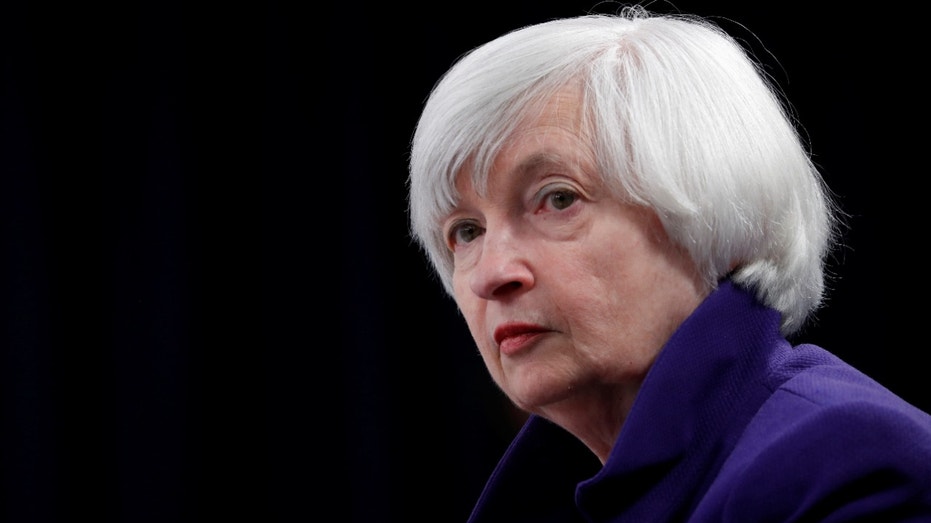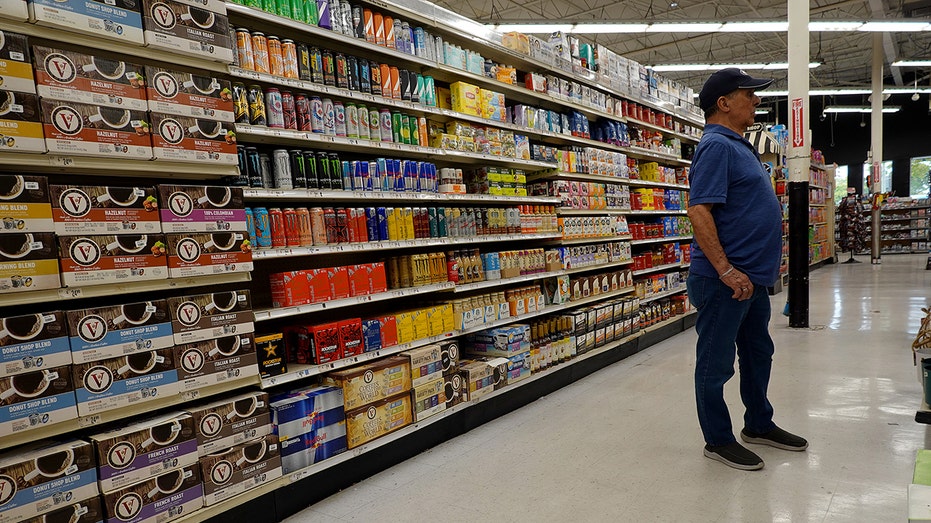Yellen warns of ‘negative spillover’ from China’s economic slowdown
Piper Sandler chief global economist Nancy Lazar details her economic expectations for the second half of the fiscal year on ‘Mornings with Maria.’
Treasury Secretary Janet Yellen warned on Monday there is a risk of contagion from the growing slowdown in the Chinese economy, but maintained that a recession in the U.S. is unlikely this year.
New data released Monday revealed that gross domestic product in China grew just 6.3% in the three-month period from April to June as a result of falling exports, weak consumer spending and a prolonged downturn in the vital property market.
The lower-than-expected data painted the picture of an anemic economy that is failing to bounce back from the COVID-19 pandemic and strict lockdowns.
CHINA’S ECONOMY MISSES GROWTH FORECASTS, RAISING ODDS OF MORE SUPPORT FOR ITS TEPID RECOVERY
On top of that, the youth unemployment rate in China surged to a new record high, with the jobless rate of those between the ages of 16 and 24 jumping to 21.3% last month, according to official data.
“Many countries do depend on strong Chinese growth to promote growth in their own economies, particularly countries in Asia, and slow growth in China can have some negative spillovers for the United States,” Yellen said during an interview with Bloomberg. “Growth has slowed, but our labor market continues to be quite strong,” Yellen said. “I don’t expect a recession.”

Then-Federal Reserve Chair Janet Yellen holds a news conference after a two-day Federal Open Market Committee (FOMC) meeting in Washington on Dec. 13, 2017. (Reuters/Jonathan Ernst / Reuters Photos)
The U.S. economy is already battling higher interest rates, stubborn inflation and ongoing fears of a recession this year or next. Inflation continued to decline in June, falling to the lowest pace in more than two years. But it remains well above the Federal Reserve’s 2% target and there are other signs of a slower retreat for steep consumer prices.
WHERE IS INFLATION FALLING THE FASTEST?
Yellen lauded the recent decline in inflation, saying the U.S. is on a “good path” to bring down prices without a significant weakening in the labor market.

A customer looks over merchandise at a store on March 14, 2023, in Miami, Florida. ((Photo by Joe Raedle/Getty Images) / Getty Images)
The labor market has proved surprisingly resilient despite higher interest rates, although there are signs it is beginning to soften. Employers added just 209,000 new workers in June, the worst month for job creation since December 2020.
Policymakers have raised interest rates sharply over the past year, approving 10 straight rate hikes in hopes of crushing inflation. In the span of just one year, interest rates surged from near zero to above 5%, the fastest pace of tightening since the 1980s. Officials are expected to approve an 11th rate hike at the conclusion of their two-day meeting next week amid signs of underlying inflationary pressures.
GET FOX BUSINESS ON THE GO BY CLICKING HERE
Hiking interest rates tends to create higher rates on consumer and business loans, which then slows the economy by forcing employers to cut back on spending. Higher rates have helped push the average rate on 30-year mortgages above 7% for the first time in years. Borrowing costs for everything from home equity lines of credit to auto loans and credit cards have also spiked.
[ad_2]
Source link


